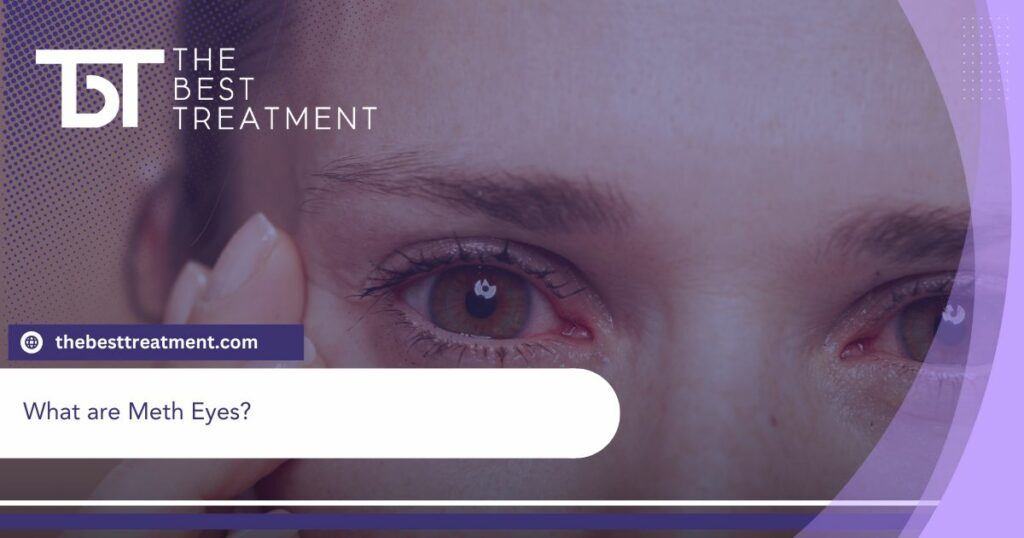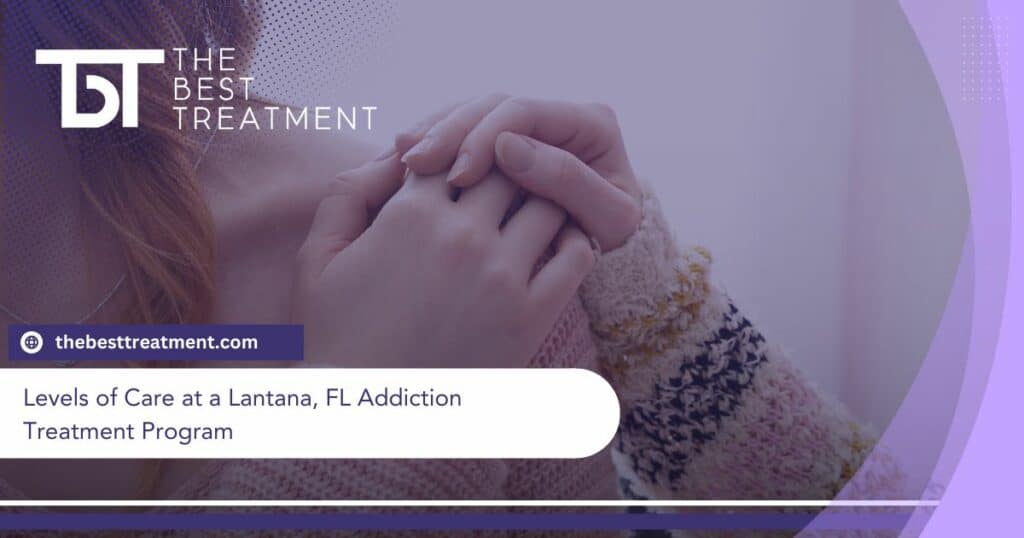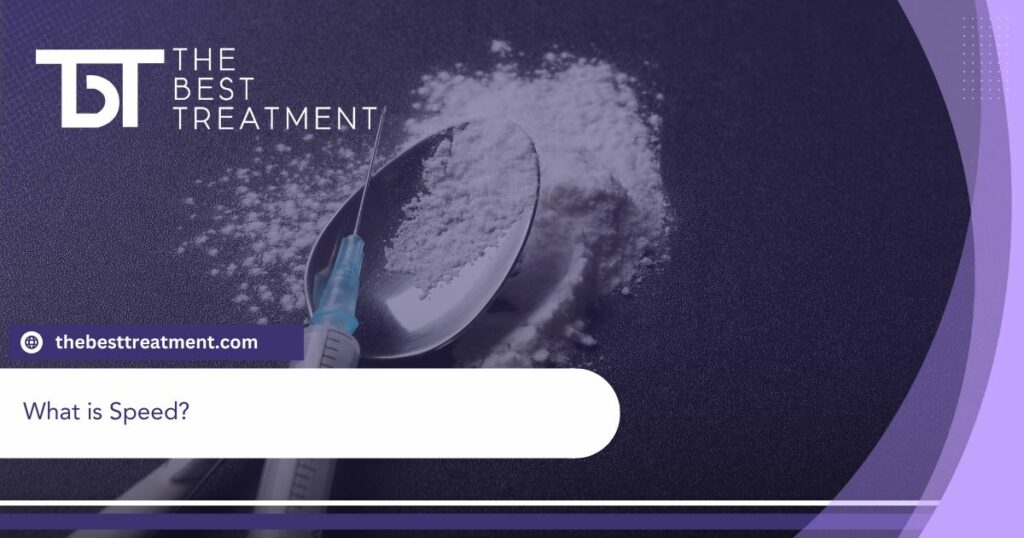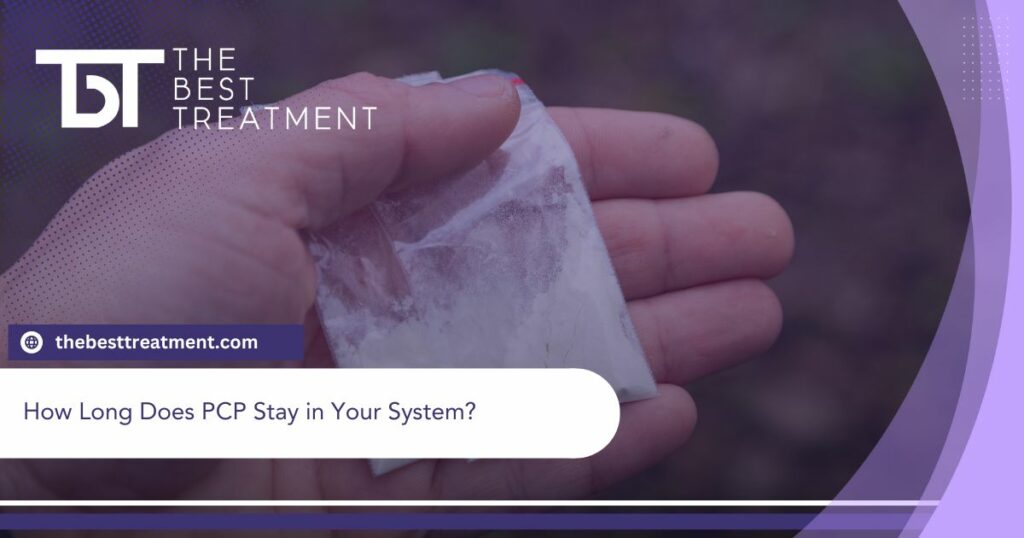Table of Contents
Individuals who frequently partake in substance abuse often combine different drugs to achieve enhanced effects. Unfortunately, combining substances of abuse only increases the individual’s risk of experiencing serious side effects. Most people combine drugs of the same type to strengthen the effects of each substance. However, in some instances, individuals combine substances with opposite effects of one another to create a different effect, amplify the potency of both drugs, or to counteract the effects of one substance with another.
One of the most potent drug combinations includes mixing an opiate drug like heroin with a stimulant like methamphetamines (meth). This combination is said to produce an extremely intense high, known as “speedballing”. However, it is also known to result in significant dangers, long-term physical, and mental health complications. Additionally, mixing heroin and meth often results in life-threatening complications such as overdose, coma, and even death.
Heroin and Meth: a Deadly Combination

The combination of sedative and stimulant drugs has become increasingly attractive among polydrug users. To be specific, mixing opiates with stimulants, otherwise referred to as speedballing, is a popular method to achieve an intense high. Historically, cocaine is typically mixed with heroin to produce a speedball effect. However, according to studies, methamphetamines are being used in the same capacity due to the rising popularity of meth abuse.
According to extensive scientific research, mixing meth with opiates such as morphine or heroin produces a more potent effect than either drug alone. Speedballing is a commonly sought out high that poses a significant risk of danger for individuals who attempt it. If you are worried that your loved one has been mixing heroin and meth, contact a professional treatment provider as soon as possible.
The Effects of Meth By Itself
Typically, methamphetamine abuse results in the following physical and mental effects:
- Decreased appetite
- Hallucinations
- Paranoia and anxiety
- Accelerated respiration and heart rate
- Intense focus
- Wakefulness or insomnia
- Heightened awareness and energy
If abuse is repetitive, the effects of this illicit drug may lead to damage to the heart and lungs as well as other organs. Additionally, chronic meth use is synonymous with malnutrition, severe dental disease, and skin issues due to the feeling that something is crawling under the user’s skin.
The Effects of Heroin Alone
According to the National Institute on Drug Abuse, heroin has the opposite effect of methamphetamines. These effects may include:
- Slowed breathing and heart rate
- Increased appetite
- Slowed reflexes
- Decreased pain
- Inability to concentrate
- Relaxation or drowsiness
Heroin abusers often face a myriad of dangerous side effects, including an increased risk of overdose due to the popularity of intravenous (IV) heroin abuse. If someone you love is addicted to heroin, contact a heroin addiction treatment center as soon as possible. In doing so, you may help save your loved one’s life.
The Risks Associated with Mixing Heroin and Meth
One of the most concerning risks associated with the combination of meth and heroin is the potential of methamphetamine masking the depressant qualities of opiates. This causes it to become difficult to recognize when the point of an overdose has been reached.
For example, opiates slow the user’s breathing, while stimulants accelerate it, making the individual feel as if their breathing is normal. Unfortunately, this may make it difficult to ascertain whether the dose of heroin was safe, possibly leading to overdose effects and even death.
Additionally, meth highs generally last longer than a heroin high. When mixed, this may cause the individual to go from a slowed heart and respiratory rate to a dramatically increased one. Similar to normal meth abuse, this could lead to sudden heart arrhythmia, increased blood pressure, and potential adverse heart effects, such as stroke or heart failure.
The Physical and Mental Effects of Combining Meth and Heroin
Because of the interactions associated with this drug mixture, there are specific physical and mental effects associated with combining heroin and meth. Typically, when a stimulant drug such as meth is mixed with an opioid analgesic, the painkilling effect of heroin is enhanced while the individual receives less fatigue from the methamphetamines.
Additional physical and mental effects of mixing heroin and meth include:
- An intense euphoria rush
- Normal to increased respiratory rate
- Increased heart rate
- A relaxation or loss of inhibitions
While heroin and meth are both extremely dangerous and potent drugs when taken alone, the mixture of these substances becomes increasingly risky.
Treating Polydrug Abuse: Heroin and Meth Addiction
Individuals who abuse both heroin and meth as a combination are suffering from something referred to as polydrug use. Polydrug abuse is characterized by combining two or more substances to heighten the effects of both drugs, downplay the effects of one substance, or create a new high altogether. This form of drug abuse is often more difficult to treat when compared to individuals who only abuse one drug.
For polydrug abuse treatment to be successful, the symptoms and effects of each drug of abuse must be accounted for and treated. This poses some difficulty even for reputable treatment centers. However, The Best Treatment Center uses cutting-edge technology as well as an individualized approach to addiction recovery. As a result, we are able to provide our patients with treatment plans perfectly suited to their unique needs. With that being said, if you or a loved one are suffering from an addiction to heroin and meth, we are here to help. Contact us today for more information on polydrug abuse treatment.
Medically Reviewed: September 25, 2019

All of the information on this page has been reviewed and verified by a certified addiction professional.










